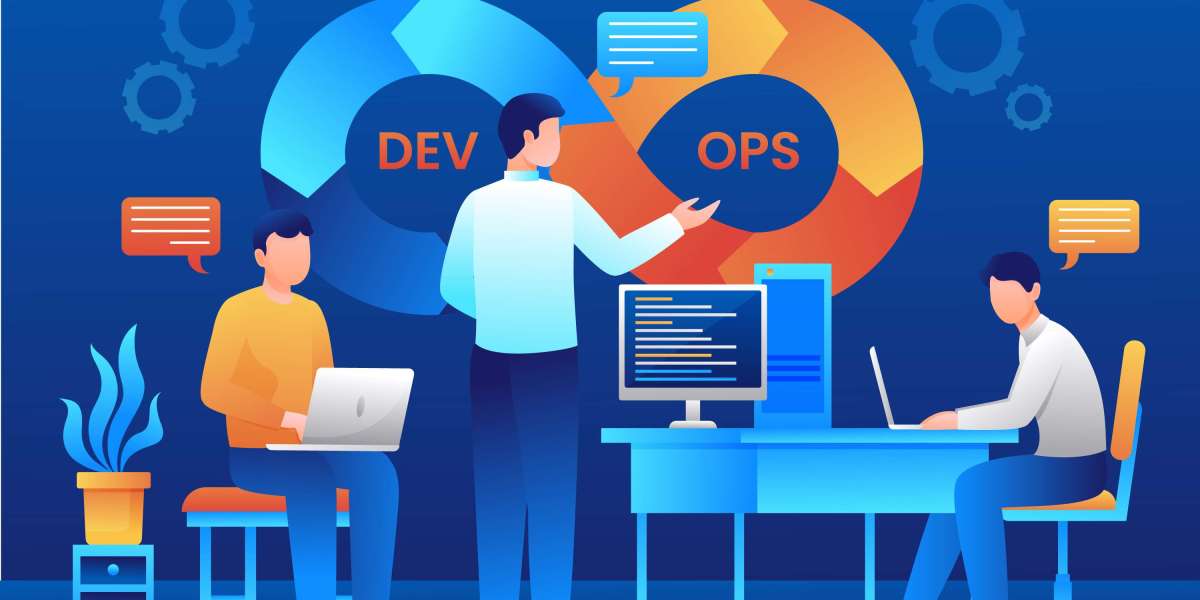Introduction
In the ever-evolving landscape of software development, adopting DevOps practices has become essential for organizations aiming to enhance collaboration, automate workflows, and deliver high-quality software at scale. However, the journey toward DevOps excellence is not always straightforward, and many enterprises seek the expertise of consulting partners to navigate this complex terrain. Choosing the right consulting partner is crucial for the success of your DevOps initiatives. This article provides a comprehensive guide to help you make an informed decision.
Understanding DevOps Consulting:
DevOps consulting involves the collaboration of experts who bring together development and operations teams, streamline processes, and implement tools that automate and manage the software delivery lifecycle. These consulting partners offer guidance on cultural changes, best practices, and the implementation of DevOps tools to optimize efficiency, speed, and reliability.
Key Criteria for Choosing a DevOps Consulting Partner
1. Expertise and Experience
- Look for a consulting partner with a proven track record in implementing DevOps solutions across various industries.
- Evaluate their experience with tools and technologies relevant to your tech stack.
2. Cultural Fit
- DevOps is not just about tools; it's a cultural shift. Ensure the consulting partner aligns with your organization's values and goals.
- Assess their ability to foster collaboration between development, operations, and other stakeholders.
3. Comprehensive Skill Set
- DevOps encompasses various areas such as continuous integration, continuous deployment, automation, and infrastructure as code. A reliable partner should possess expertise in all these domains.
- Check for certifications and qualifications of their team members.
4. Client References and Case Studies
- Request references from previous clients and review case studies of successful DevOps implementations.
- Analyze how the consulting partner addressed challenges similar to yours.
5. Scalability and Flexibility
- Ensure that the consulting partner's solutions are scalable to accommodate your organization's growth.
- Assess their ability to adapt to changes in project scope and requirements.
6. Security and Compliance
- Given the sensitivity of software development and deployment, prioritize a partner with a strong focus on security.
- Verify their understanding and adherence to industry-specific compliance standards.
7. Toolchain Expertise
- DevOps relies heavily on a variety of tools. Check if the consulting partner is proficient in the tools that align with your technology stack.
- Evaluate their ability to integrate and customize tools to meet your specific needs.
8. Training and Knowledge Transfer
- A good consulting partner should not only implement DevOps practices but also transfer knowledge to your internal teams.
- Inquire about the training programs they offer to ensure a sustainable DevOps culture within your organization.
9. Continuous Support
- DevOps is an ongoing journey. Choose a partner that provides continuous support and maintenance post-implementation.
- Understand the terms of their service-level agreements (SLAs) and support models.
Conclusion
DevOps excellence is a strategic imperative for modern enterprises, and choosing the right consulting partner is a critical decision. By considering factors such as expertise, cultural fit, scalability, security, and ongoing support, you can identify a partner that aligns with your organization's goals and accelerates your journey towards DevOps maturity. Investing time and resources in selecting the right DevOps consulting firm will undoubtedly contribute to the long-term success of your DevOps initiatives. A well-chosen consulting partner not only guides you through the intricacies of DevOps adoption but becomes an integral part of your transformation, ensuring sustainable improvements in collaboration, automation, and delivery processes.









